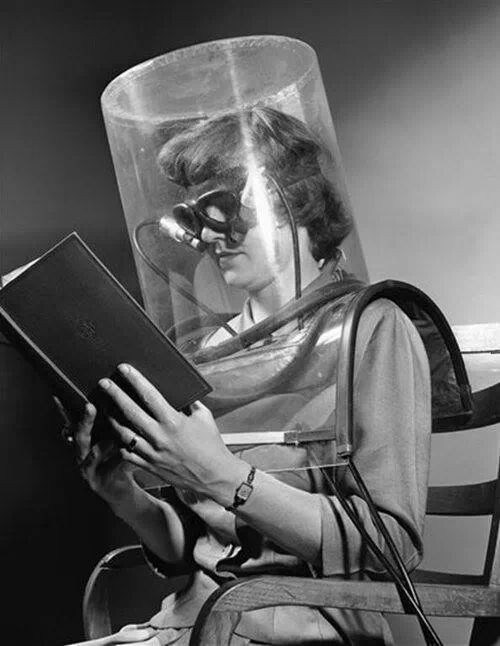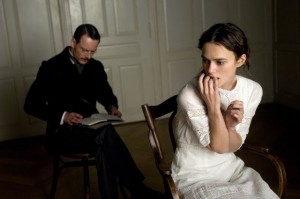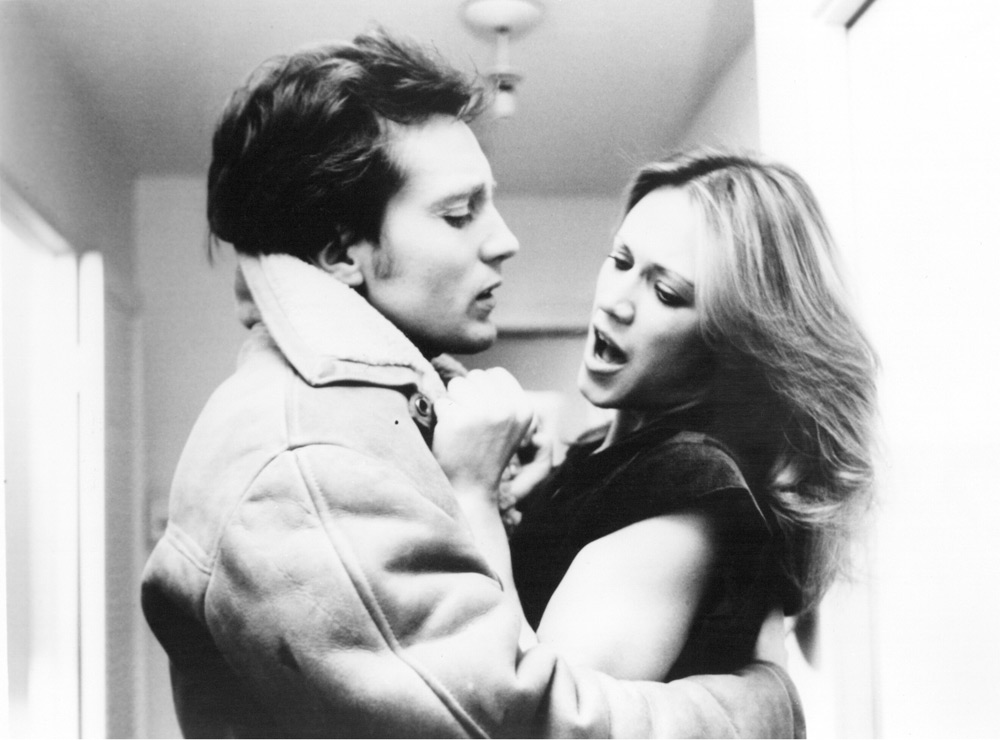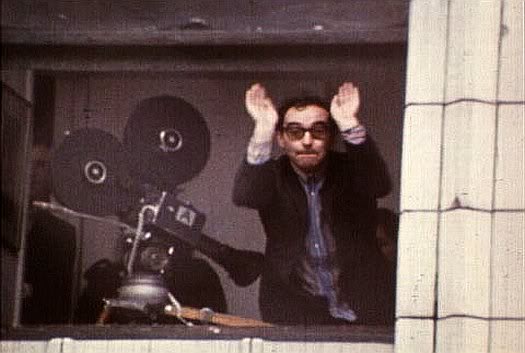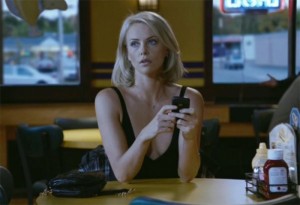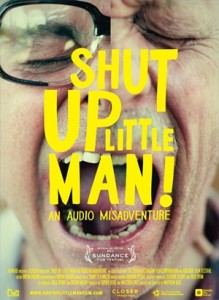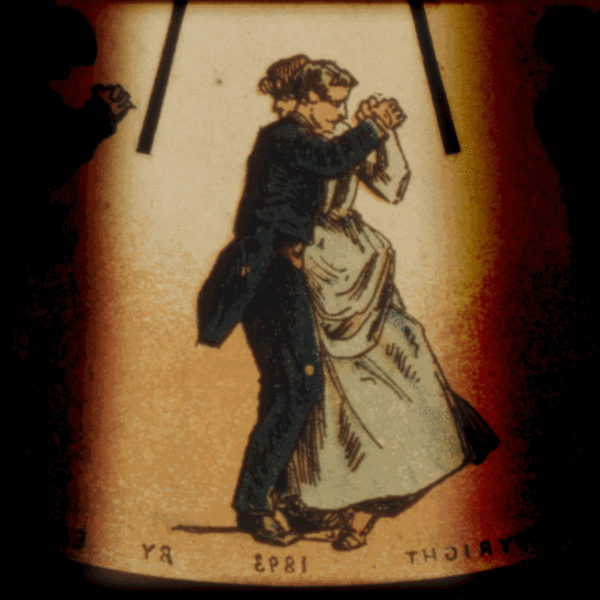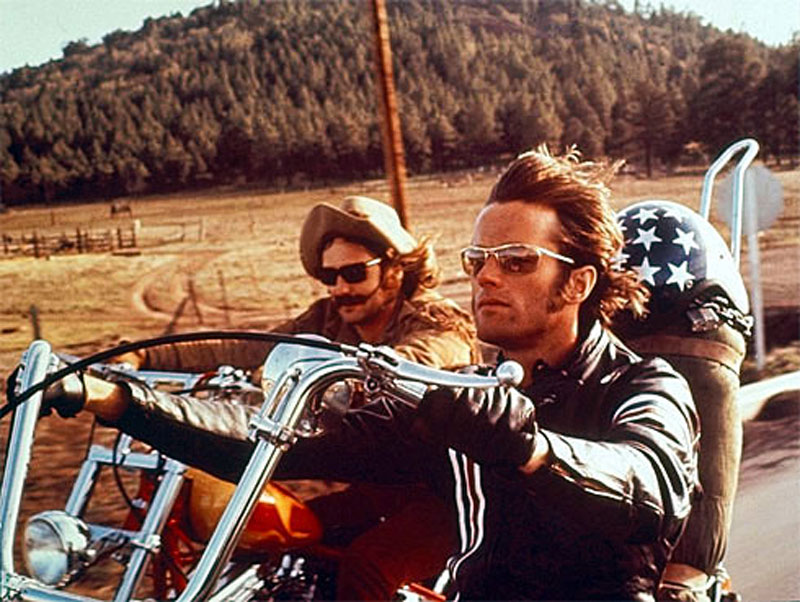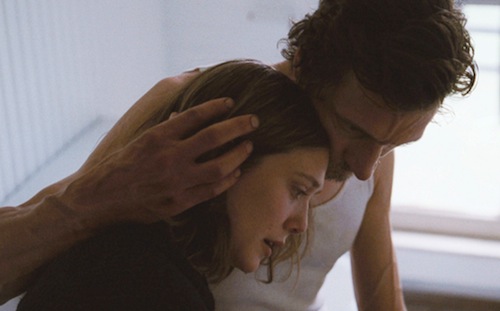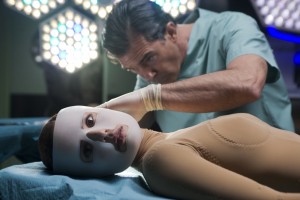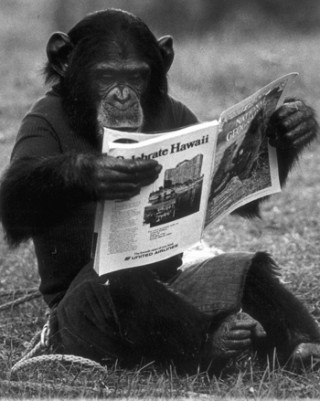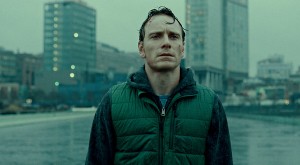 Shame
Shame
Steve McQueen’s brilliant 2011 drama is upsetting, unpleasant and even revolting, but it’s also subtly hopeful. It imagines a Western world in which not every antisocial behavior is meant to be celebrated, commodified, exploited, packaged, marketed and sold. Perhaps that’s still possible..
Brandon (Michael Fassbender) is a successful suit in New York City whose fancy clothes can’t cover, at least not for long, the damaged sexuality within. Prostitutes, one-night stands, Internet porn and disposable income allow Brandon to live out his every fantasy, but he’s not having any fun. He feels no satisfaction–just desperation. His computers are filled with viruses and his head with guilt.
Complicating matters is the presence of his sister, Sissy (Carey Mulligan), a cabaret singer who’s similarly fucked up, who has unexpectedly come to live with him having nowhere else to go. It’s not so much that she drinks nonstop or sleeps with his creepy, married boss that bothers him, but that he is forced to stare into the mirror image of himself. And perhaps that she has greater understanding of who they are. “We’re not bad people,” she tells him. “We just came from a bad place.” Brandon knows she’s right but is helpless to change course, his spree growing ever worse.
Doesn’t it seem sometimes that Monica Lewinsky was the last American to have shame? Didn’t it hurt more than help her? Haven’t celebutantes with sex tapes profited handsomely from boldface indiscretions ever since? There must be some middle ground between people being fitted with scarlet letters and rewarded for blue films. In the world view of McQueen and co-writer Abi Morgan, there is still room for the moderating forces of emotion, a possibility that we can use bad feelings to make ourselves better. Watch trailer.
•••••••••••
 My Perestroika
My Perestroika
Robin Hessman’s uncommonly perceptive film documents the experience of a group of Russian schoolmates who came of age at the outset of Perestroika and Glasnost, that stunning period between Brezhnev’s folly and Putin’s sham, when the former Soviet Union was suddenly a cultural and political void to be filled by the will of its citizens.
It was a heady time, but the shift left these now-middle-aged Muscovites on the other side of an odd historical chasm, having had all of the “truths” of their childhood carried away in a tidal wave of reform. Their past has been disappeared and they are forever strangers in their own home.
One of the principals, now a schoolteacher who knows the disconnect deeply, explains how difficult it is to explain collectivism and other remnants of the past to modern students with cell phones and other swag. “One of the hardest things,” she says, “is how to explain Soviet history to children.”
Equally difficult is for some of the children of Gorbachev and Coca-Cola to comprehend how their brethren can rewire themselves from communism to capitalism without missing a beat. As one explains: “What’s in their heads? I mean, how did it work in their brains that they were able to shift like that? For me, that’s a mystery.” Watch trailer.
••••••••••
Thoughts about other recent films now on home video:


